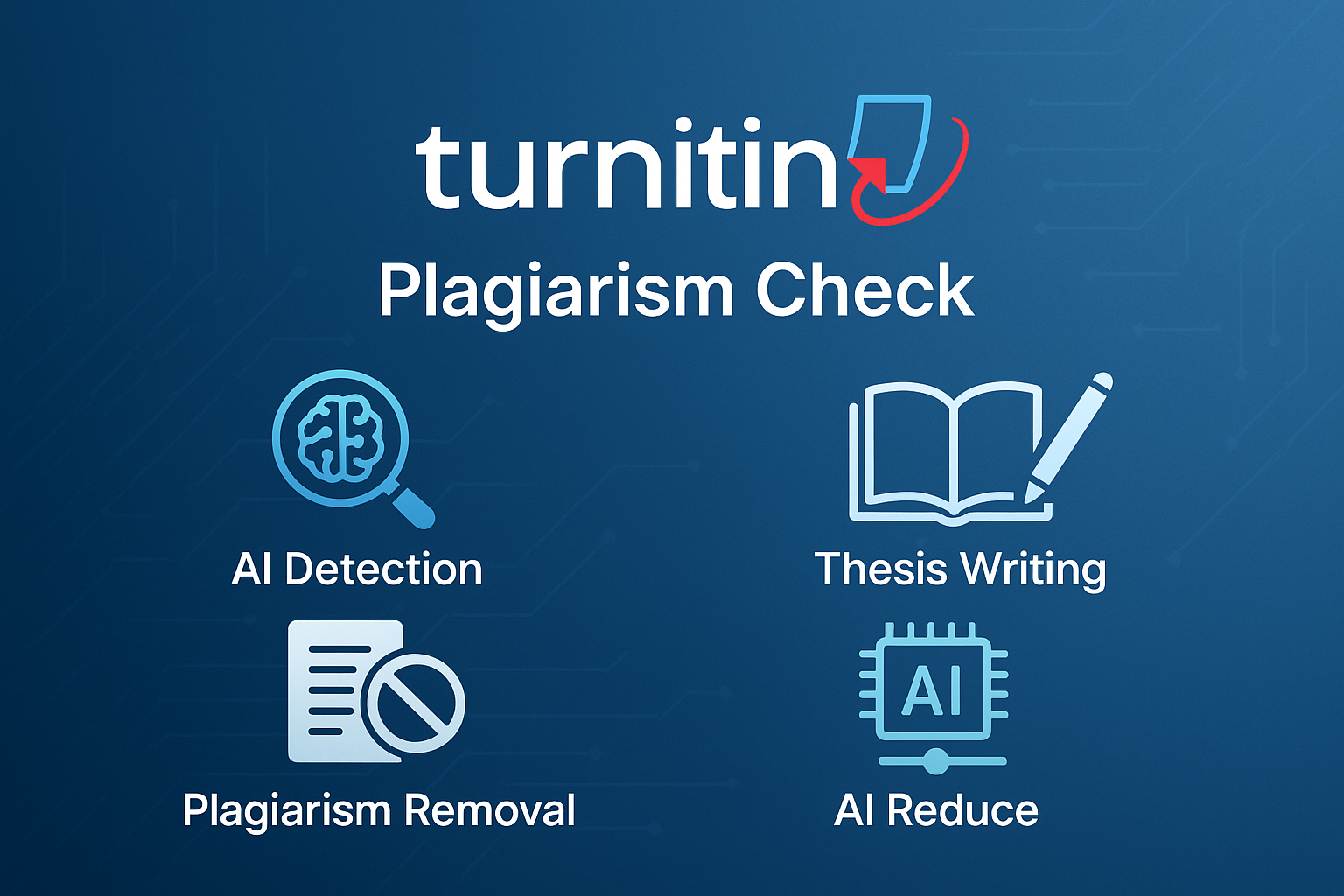
Peer Review: Ensuring Research Integrity and Credibility
The importance of peer review in research paper validity – Peer-review is a key aspect of scientific methodology and it is used to guarantee the validity and reliability research papers. This process involves a group of experts from the same field as an author evaluating a research paper before it’s published in a scientific journal. Peer review’s main purpose is to evaluate the originality, quality, and accuracy of a piece of writing and to detect any errors or biases. Learn more about the importance of peer review in validating research papers.
A typical process begins when an author sends a manuscript to a journal. The editor will assess the paper and determine whether it fits the journal’s scope. The paper will then be sent out to two independent reviewers, who are experts on the subject and do not have any conflicts of interest. Reviewers will read the paper, provide feedback, and then make suggestions on the data analysis and conclusions. The reviewers will also look for errors and inaccuracies, and suggest revisions. After the reviewers have given their feedback, the author(s), will make any necessary revisions and submit the paper again for review. The process is repeated as necessary until both the editor and reviewers are satisfied with the quality of the paper.
Benefits of peer review
- The peer-reviewing process has many benefits, including ensuring the validity and reliability of research papers. Potential errors or biases in a paper can be corrected by having it evaluated by experts. The process also helps ensure that the papers are high-quality and contribute to knowledge advancement in the field.
- Peer-reviewing also helps ensure that papers appear in journals that are appropriate. The editor and reviewers can determine if a paper is suitable for the journal, and whether it is good enough to publish.
Limitations of peer review
- The process is time-consuming and can take months, or even years, to review and publish a paper. The process can also be subjective as reviewers can have biases and perspectives that influence their evaluation. The process is also susceptible to conflict of interest. Reviewers who have financial or personal connections to the authors can affect their evaluation.
- The peer-reviewing process is still an important part of the scientific method, despite its limitations. It is vital for ensuring that research papers are valid and reliable. The process has limitations, which authors, editors and reviewers should be aware of. They must also work together in order to produce high-quality papers that contribute to knowledge advancement.
The conclusion of the article is:
The peer-reviewing process is an important step in disseminating scientific knowledge. It’s also a cornerstone for the scientific method. It is a gatekeeper of the accuracy and quality of research papers. It helps ensure that the papers are high-quality and contribute to knowledge advancement in the field. The process isn’t perfect but it is still crucial in maintaining the integrity and quality of scientific literature.
Plagiarism Detection Tools for Non-University Users: Turnitin Plagiarism Check
Plagiarism is a serious concern for students, independent researchers, authors, and freelancers. […]
Ways to Detect Plagiarism Without Access to Turnitin
Turnitin is one of the most popular plagiarism detection tools used by […]
Can Turnitin Detect Plagiarism Tricks? Understanding Turnitin’s Capabilities
Can Turnitin Detect Plagiarism Tricks?
Turnitin is one of the most trusted tools […]
Turnitin Plagiarism Detection Benefits
Turnitin Plagiarism Detection Benefits
Turnitin is one of the most trusted and widely […]
What Is an Acceptable Turnitin Similarity Score in 2026? A Complete Guide for Students
What Is an Acceptable Turnitin Similarity Score in 2026? A Complete Guide
In […]
Plagiarism Checking and Removal Services on WhatsApp – Fast & Reliable Support
Introduction:
In today’s academic and professional world, ensuring that your work is plagiarism-free […]


